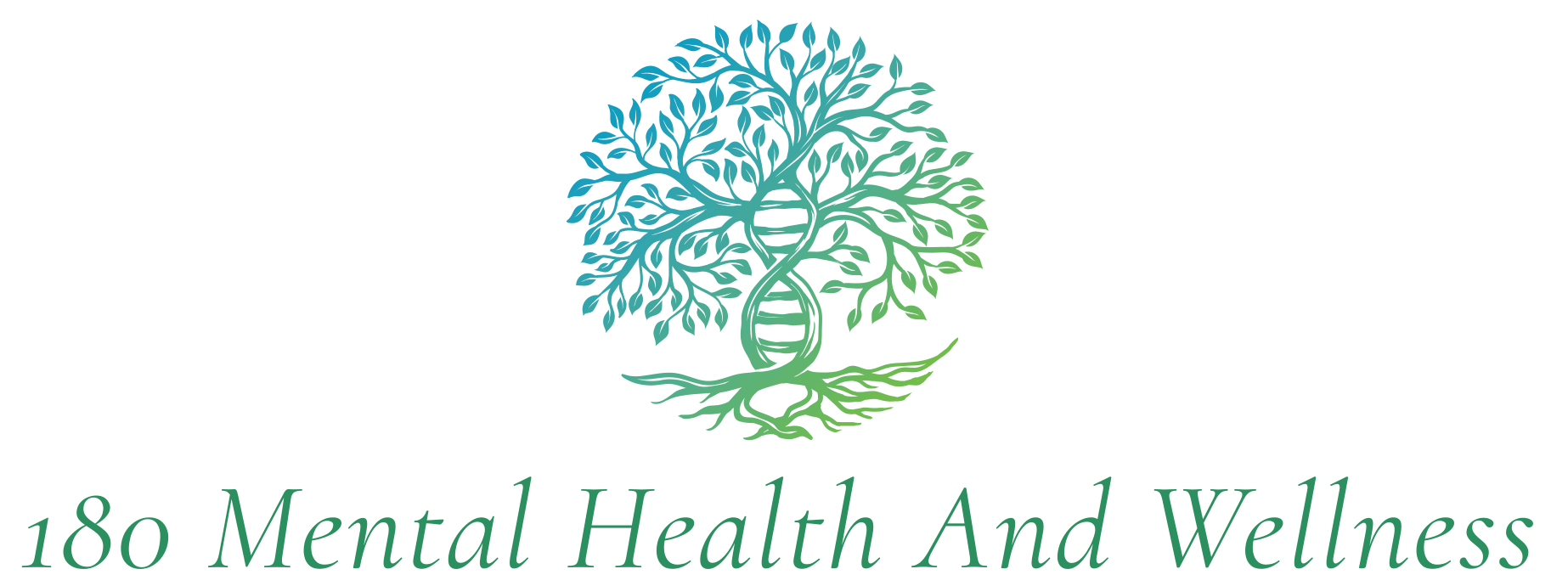In short,
- Recognizing the signs of an eating disorder in a loved one can be life-saving.
- Finding effective, compassionate eating disorder treatment nearby is crucial for recovery.
- Supporting your loved one through their journey is essential for their long-term well-being.
Finding the right eating disorder treatment near you can be crucial for a loved one struggling with disordered eating. This can be especially challenging when also searching for adult psychiatry services for co-occurring conditions like anxiety or depression.
Navigating these challenges can feel overwhelming, but remember, you are not alone. Many resources and professionals are dedicated to helping individuals and families find the support they need.
What Are the Common Signs of an Eating Disorder?
Eating disorders often manifest in a combination of physical, behavioral, and emotional changes. Not everyone will exhibit every sign, and the presence of some of these indicators does not automatically diagnose an eating disorder. However, if you notice several of these signs in a loved one, it is important to express your concern and encourage them to seek professional help.
The National Eating Disorders Association outlines physical and behavioral changes that indicate an individual may be struggling with an eating disorder.
Physical Changes
- Dramatic weight loss or gain: Rapid changes in weight can be a concerning sign, potentially indicating an imbalance in food intake and energy expenditure.
- Preoccupation with weight, food, calories, or body shape: Frequent conversations about weight, obsessive calorie counting, or an excessive focus on body image can signal an unhealthy relationship with food and self-perception.
- Evidence of compensatory behaviors: Finding signs of vomiting, laxative misuse, or diuretic abuse can be indicative of some eating disorders.
Behavioral Changes
- Withdrawal from social activities: Isolating oneself from friends and family, particularly around mealtimes, can be a sign of attempting to hide eating habits or struggling with social anxiety related to body image.
- Excessive exercise: While exercise is generally healthy, compulsive exercising, even when injured or ill, can be a way of attempting to control weight and shape.
- Ritualistic eating patterns: Unusual eating habits, such as cutting food into tiny pieces, rearranging food on the plate, or following rigid food rules, can be indicative of obsessive-compulsive tendencies related to food.
How Can I Approach My Loved One About My Concerns?
Talking to a loved one about a suspected eating disorder requires sensitivity and empathy. It is essential to approach the conversation with care and avoid judgment or blame. The goal is to express your concern and offer support, not to accuse or criticize.
Tips for a Supportive Conversation
The National Eating Disorders Association outlines tips for opening conversations about treatment with your loved ones.
1. Express concern and avoid judgment
Start by expressing your genuine care and concern for their well-being. Avoid using accusatory language or making assumptions about their behavior. Focus on observable behaviors and how they have impacted you, such as, “I have noticed you have been withdrawing from family dinners lately, and I am worried about you.”
2. Focus on specific behaviors and their impact
Instead of labeling their behavior as an eating disorder, describe the specific actions you have observed and how they have affected you or them. For example, “I have noticed you have been exercising a lot lately, even when you are tired, and I am concerned about your health.”
3. Offer resources, such as a mental health clinic near you
Research local mental health professionals and treatment centers specializing in eating disorders. Having a list of resources readily available can empower your loved one to take the next step toward recovery.
What Types of Eating Disorder Treatment Are Available?
Various evidence-based therapies and treatment approaches are available for eating disorders. The most suitable approach depends on the individual’s specific needs and the nature of their concerns. A comprehensive assessment by a qualified professional is crucial for determining the best course of treatment.
Medication Management for Co-Occurring Disorders
Often, individuals with eating disorders also experience other mental health conditions, sometimes requiring additional psychiatric services for comprehensive care.
The Journal of Eating Disorders found that co-occurring psychiatric disorders, such as depression, anxiety disorders, obsessive-compulsive disorder, and substance use disorders, are common in individuals with eating disorders and can affect treatment outcome.
5 Benefits of Seeking Professional Eating Disorder Treatment in Phoenix, AZ
Choosing the best eating disorder treatment near you can be overwhelming, but professional guidance can make a significant difference.
- Individualized treatment plans: Treatment plans are tailored to the individual’s unique needs, considering their specific concerns, co-occurring conditions, and personal circumstances.
- Evidence-based therapies: Professional treatment centers utilize evidence-based therapies shown to be effective for some individuals.
- Support for families: Family involvement is often a crucial component of eating disorder treatment. Therapy and support groups can help families understand the disorder and learn how to best support their loved one.
- Nutritional counseling: Registered dietitians provide guidance on developing healthy eating habits, meal planning, and achieving proper nutrition.
- Relapse prevention strategies: Treatment equips individuals with the skills and strategies to manage potential challenges and maintain progress after completing the initial phase of treatment.
Ready to Find Eating Disorder Treatment in Phoenix, AZ?
At 180 Mental Health and Wellness, we understand how difficult taking the first step toward eating disorder recovery can be. We offer comprehensive treatment for those struggling with an eating disorder. Reaching out for help is a sign of strength and a commitment to well-being.
Call us today at (480) 863-5250 or use our appointment scheduler to schedule a consultation and begin your journey toward better mental and physical health. We encourage you to seek professional support for yourself or a loved one struggling with an eating disorder.

